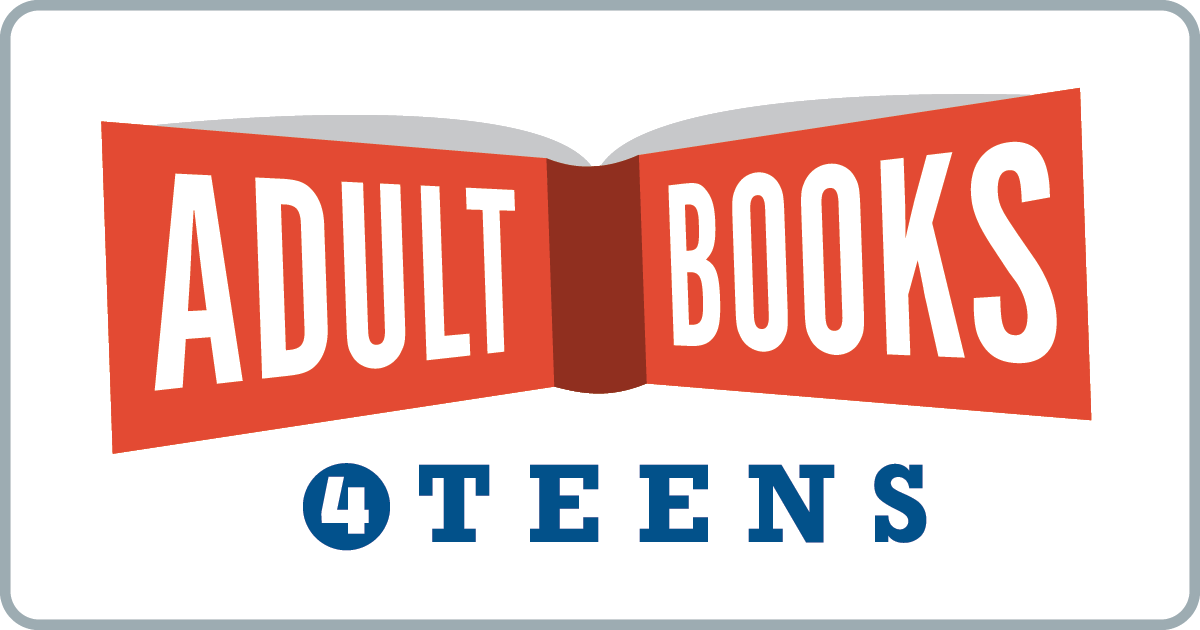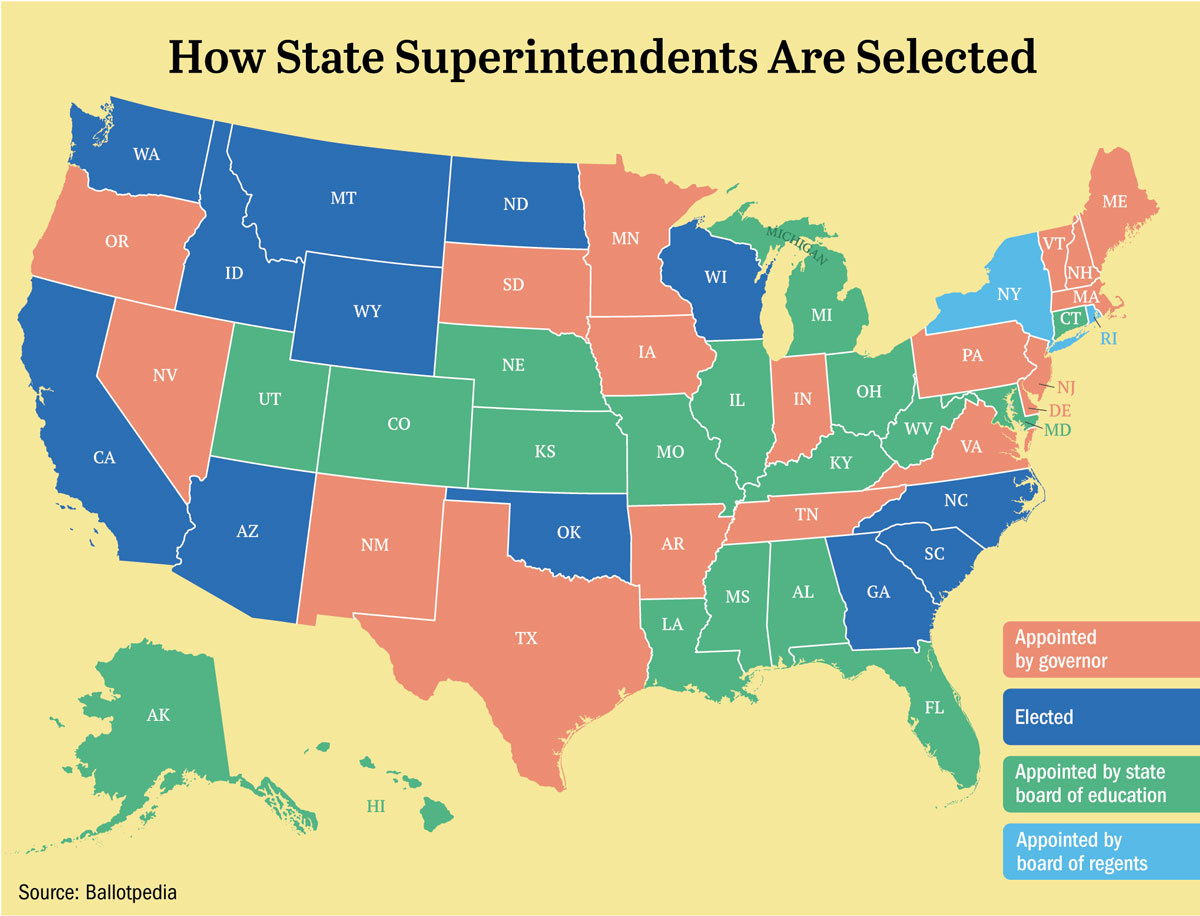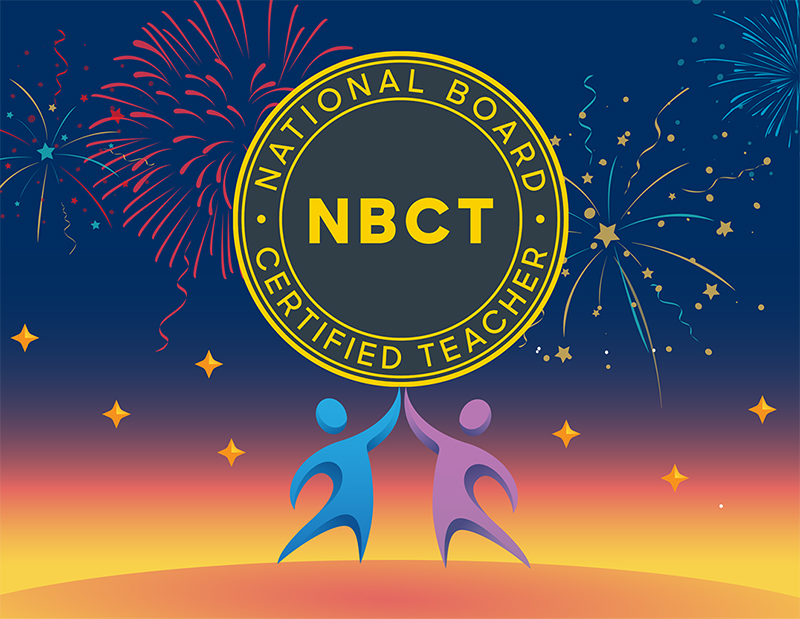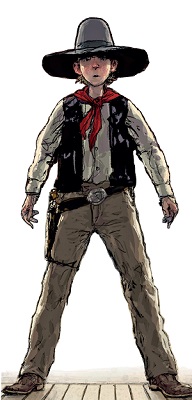SCROLL DOWN TO READ THE POST
The Sacrifice by Joyce Carol Oates
Considering that it is based on a police case from almost 30 years ago, it is astonishing how much currency Joyce Carol Oates’s new novel has. A black teen is found beaten and apparently raped, naming only “white cops” as the perpetrators before lapsing into silence. The ensuing polarized reactions on the parts of the black and white communities of the teen’s town sound eerily similar to the conversations (or non-conversations) that have been raging in this country over the past two years in response to the deaths of Eric Garner, Michael Brown, and Trayvon Martin (two years ago, today). Blaming the victim, blaming all whites, blaming black family values, conflicting reports of what really happened: we have seen all these reactions in abundance, and at least according to Oates, they were almost identical to the responses to Tawana Brawley’s rape allegations in 1987.
When last I wrote about Oates, I said that readers who chose to could ignore her gender politics and focus on her deft story telling. This time out, I don’t think that’s possible. Every page of this novel demands to be read through the prism of race and gender and American values. Nevertheless, the story Oates has to tell is compulsively readable, and she handles a number of narrative tricks with her usual deft hand. This is an astonishing novel from an author who shouldn’t really be astonishing us any more.
ADVERTISEMENT
ADVERTISEMENT
*OATES, Joyce Carol. The Sacrifice. 309p. Ecco. Jan. 2015. Tr $26.99. ISBN 9780062332974. LC 2014052422.
 After briefly describing the central event of her powerful new novel—a 15-year-old girl named Sybilla Frye is found tied up in a basement, beaten, and apparently raped—Oates quickly expands the work’s focus to the impact of the crime on the girl’s New Jersey community, and eventually the nation. Sybilla remains largely uncommunicative with doctors and police—beyond a vague accusation that “white cops” raped her—leaving the community, and readers, to make their own decisions. Soon, a prominent Black minister and his attorney brother get involved in the case, at first merely drumming up support for Sybilla, but eventually taking the entire case into their hands and even accusing specific individuals not originally named by Sybilla. Oates manages this expanding campaign (or “Crusade,” as the Reverend has it) with expert narrative skill, moving deftly among the characters, from Sybilla and her mother to the Reverend and his brother to Sybilla’s incredibly disturbed stepfather, and other community members. The seeming timeliness of this novel is made somewhat depressing by the fact that it is a reimagining of a true case from 1987—that of Tawana Brawley, whose rape allegations briefly made national news and merited a mention in Spike Lee’s Do The Right Thing. That case was never fully resolved, with opinions about Brawley’s veracity still debated. Oates uses her poetic license to resolve some of the issues involved, but the heart of the issue—the distrust between poor black communities and their white police departments remains. VERDICT: A powerful novel which should give teens much to ponder and compare to current events.—Mark Flowers, John F. Kennedy Library, Vallejo, CA
After briefly describing the central event of her powerful new novel—a 15-year-old girl named Sybilla Frye is found tied up in a basement, beaten, and apparently raped—Oates quickly expands the work’s focus to the impact of the crime on the girl’s New Jersey community, and eventually the nation. Sybilla remains largely uncommunicative with doctors and police—beyond a vague accusation that “white cops” raped her—leaving the community, and readers, to make their own decisions. Soon, a prominent Black minister and his attorney brother get involved in the case, at first merely drumming up support for Sybilla, but eventually taking the entire case into their hands and even accusing specific individuals not originally named by Sybilla. Oates manages this expanding campaign (or “Crusade,” as the Reverend has it) with expert narrative skill, moving deftly among the characters, from Sybilla and her mother to the Reverend and his brother to Sybilla’s incredibly disturbed stepfather, and other community members. The seeming timeliness of this novel is made somewhat depressing by the fact that it is a reimagining of a true case from 1987—that of Tawana Brawley, whose rape allegations briefly made national news and merited a mention in Spike Lee’s Do The Right Thing. That case was never fully resolved, with opinions about Brawley’s veracity still debated. Oates uses her poetic license to resolve some of the issues involved, but the heart of the issue—the distrust between poor black communities and their white police departments remains. VERDICT: A powerful novel which should give teens much to ponder and compare to current events.—Mark Flowers, John F. Kennedy Library, Vallejo, CA
Filed under: Historical Fiction
About Mark Flowers
Mark Flowers is the Young Adult Librarian at the John F. Kennedy Library in Vallejo, CA. He reviews for a variety of library journals and blogs and recently contributed a chapter to The Complete Summer Reading Program Manual: From Planning to Evaluation (YALSA, 2012). Contact him via Twitter @droogmark
ADVERTISEMENT
SLJ Blog Network
2024 Books from Coretta Scott King Winners
The Ultimate Love Letter to the King of Fruits: We’re Talking Mango Memories with Sita Singh
Monkey King and the World of Myths: The Monster and the Maze | Review
Finding Answers to a Not-So-Simple Question, a guest post by Christina Matula
The Classroom Bookshelf is Moving
ADVERTISEMENT
ADVERTISEMENT







